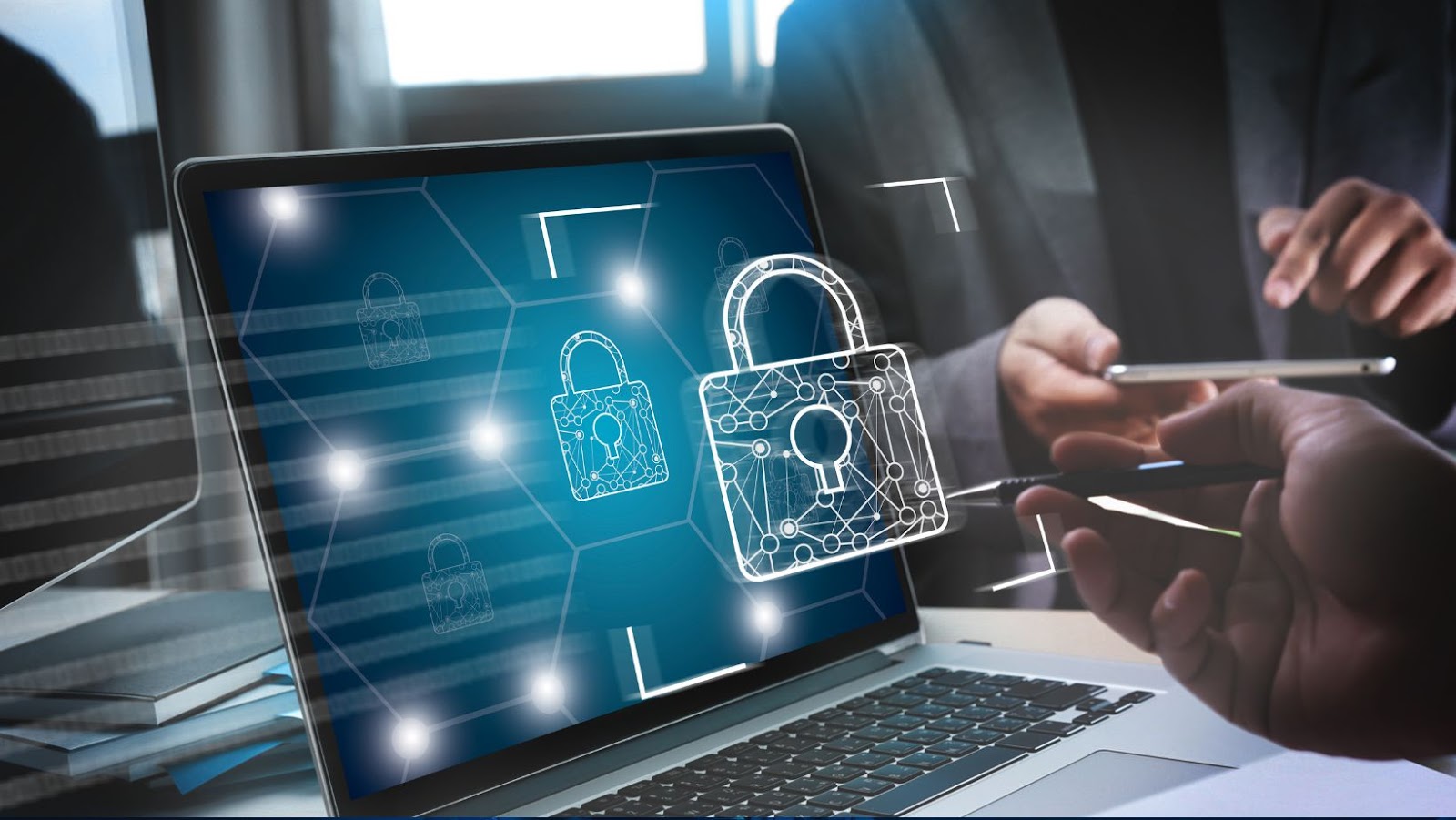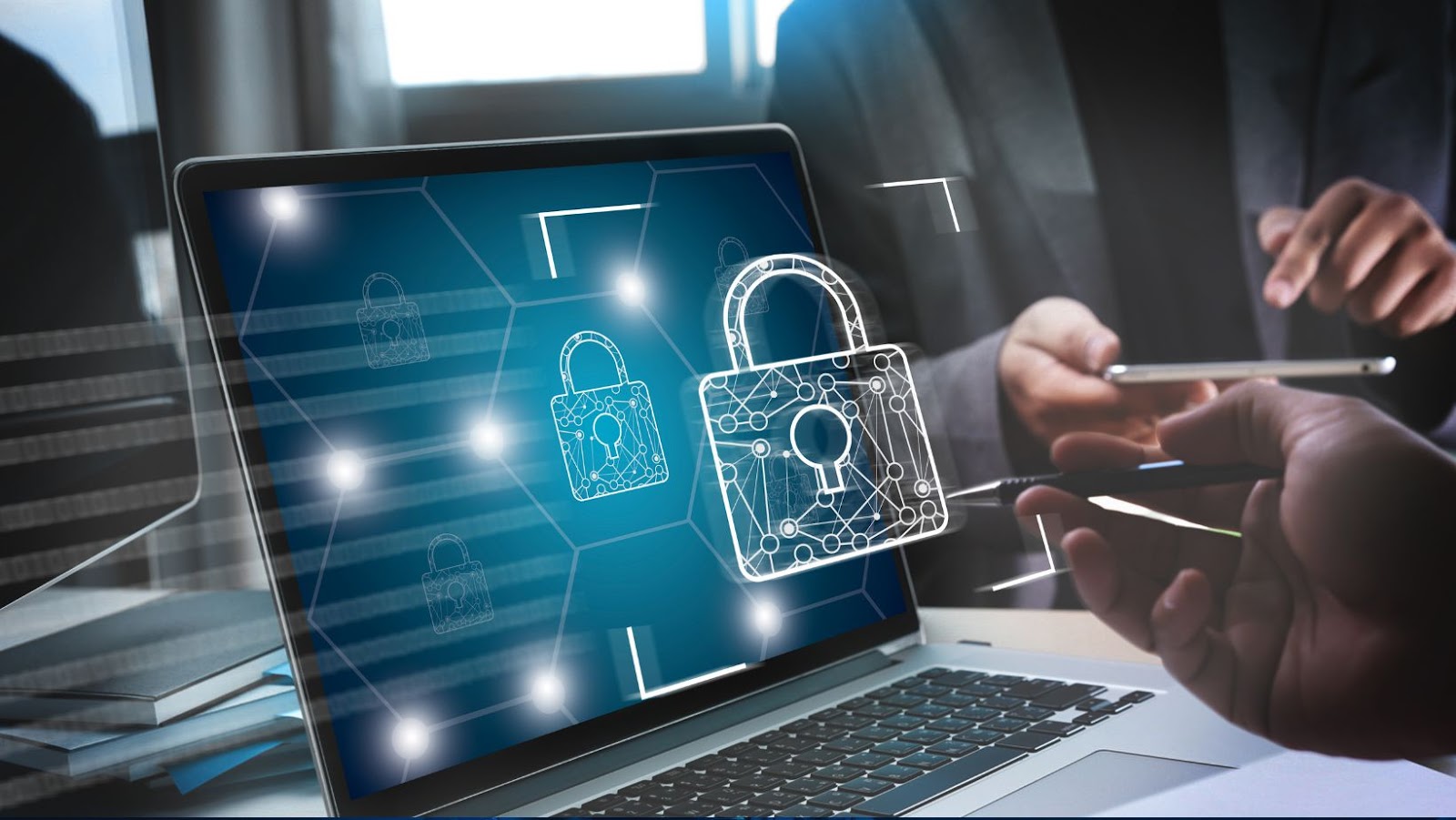
Israel’s Cynet is an AI-powered technology company that recently raised $40 million from American, European and Israeli venture capital firms. The company offers advanced threat detection and response solutions that enable enterprises to protect against sophisticated cyber attacks.
This article looks closely at Cynet’s technology and how it can help businesses defend themselves from cyber threats.
Overview of Israel’s Cybersecurity and AIPowered Technologies
Israel is one of the world’s most innovative countries regarding cybersecurity and AIPowered technologies. Its focus on development in these key fields has helped to make it an international leader. Israel’s contributions include the invention of the world’s first firewall, Check Point Technologies, and some of the most advanced AI applications developed for military use.
Israel has also been pushing for more protected areas in cyberspace through greater cybercrime prevention initiatives and improved collaboration between industry and government. Additionally, several Israeli-developed technologies have made their way into leading global companies like Microsoft, IBM, Google and Amazon.
From big data analytics platforms to AI-driven software solutions, Israel’s AIPowered technologies have driven economic growth throughout the region and enabled new levels of security that have greatly benefited both corporations and individuals across the globe. Moreover, with its boost to national security, these advancements have made Israel one of the most stable nations in the Middle East with a strong presence in world markets and an ever growing presence within tech ecosystems such as Silicon Valley and Europe’s start-up cities HUBs such the UK High-Tech Park & Tel Aviv’s Eco Systems Technology Centers.
Cybersecurity
Cybersecurity is an important component of any organization’s digital assets.
Israel Cynet, a cybersecurity firm, recently launched its AI-powered solution for protecting internet-connected enterprise assets in Europe and the US. This technology combines machine learning, artificial intelligence, and predictive analysis to help organizations detect and prevent malicious cyber-activity.
Let’s take a closer look at this technology and its implications.
Overview of Cybersecurity Landscape in Israel
Cybersecurity is an ever-changing field that has come to the forefront of national security in recent years. Israel is at the cutting edge of research and development in the cybersecurity landscape. As a country faced with unique risks and threats due to its geographical location and status as a major global technology hub, Israel has had to be proactive and invested heavily in creating a robust cybersecurity infrastructure.

The Israeli government has established several government bodies such as the National Cyber Security Authority, which provides policy guidance for the security of governmental systems and classified networks; CERT-IL, which focuses on information sharing related to threats, vulnerabilities and attack vectors; the Israeli Security Agency (ISA), which handles cybercrime; and ISA Cyber Unit 8200, which operates intelligence gathering activities on behalf of the government. Furthermore, several non-governmental organizations such as Check Point Software Technologies Ltd., AIPowered Cyber Security Ltd., CyberArk Ltd., Fortscale Inc. have cemented their presence in Israel’s cybersecurity landscape by focusing on threat detection, vulnerability assessment and incident response solutions.
To bolster its position in cybersecurity innovation both domestically and abroad, Israel has established major technological hubs throughout the country such as Tel Aviv Tech District (also known as ‘Silicon Wadi’) which house leading tech companies such as Amazon Web Services (AWS), Microsoft Azure International Regional Services’ R&D center for Europe-Middle East-Africa region (EMEA) as well Artificial Intelligence research centers throughout universities such as Hebrew University of Jerusalem, Tel Aviv University and The Technion –Israel Institute of Technology. Moreover, the Israeli economy continues to be highly driven by exports from these technological hubs with 40% of Israeli exports being technology related according to a 2017 report published by Bank Hapoalim.
To summarize, it can be seen that Israel has established an enabling environment for cyber security innovation through investment both in terms of financial resources into technology hubs along with establishing various bodies responsible for policy guidance in this area. This has attracted domestic players along with interest from many international counterparts expanding its ecosystem further resulting into one of top hubs for cyber security research & development globally.
Israeli Cybersecurity Companies
With sophisticated threats constantly evolving, organizations must have a reliable defense against ransomware, malicious software, and other forms of cybercrime. In recent years, companies in Israel have emerged as some of the most innovative players in cybersecurity.
Israel’s cybersecurity industry features a variety of startups and multinational companies operating at both a national and international level. These include: Check Point Software Technologies, CyberArk Software, Beyond Security, Cisco System Israel HarNetWebTech Solutions and many others.

Israel is also home to several independent cybersecurity centers such as the Check Point Institute for Information Security, located at Tel Aviv University; 8200 Cyber Security Labs (Cerberus), located at Bar Ilan University; and , 700 Cyber Resilience Center (CRC) at Ben Gurion University of the Negev. In addition, industry-led initiatives such as Cylance International Exchange Office (CIO), Skybox Security Xchange Innogest Hub (IXH) and Cyber City project play an increasingly significant role in driving technological innovation within the Israeli ecosystem.
These centers provide armed forces personnel with training targeted towards specific threats that corporations operating within the private sector or local government departments face. In addition, the research conducted at these institutes helps protect against cyber attacks from international terrorists or industrial espionage attackers worldwide by providing expert advice to executives from corresponding organizations worldwide on minimizing risks associated with cyber security vulnerabilities their enterprises face.
The highly competitive nature of Israeli cybersecurity companies make them top contenders for government contracts across Europe and North America due to their world-class defenses that are ever growing with technological advancements. Moreover, with programs like Israel’s Defensive Shield protecting countries around the world from cyber criminals & hackers daily, it is clear that Israel has a great understanding & respect for taking on the efforts necessary to combat these various threats & will continue doing so to stay ahead in its industry while benefiting everybody who requires powerful protection from malicious networks & potential abusers online.
Cybersecurity Solutions Offered by Israeli Companies
Israeli cybersecurity companies have developed innovative and effective solutions to protect against cyber threats. As a result, these companies have received international recognition for their cutting-edge approach to cybersecurity. They have developed revolutionary products and services to protect against traditional attacks, zero-day vulnerabilities, and increasingly sophisticated random attacks by cybercriminals.

The Israeli cybersecurity landscape features many recognized startups with innovative technologies such as AI (Artificial Intelligence) powered managed endpoint protection, sandboxing and advanced threat detection techniques, cloud security intelligence services, malware protection and prevention tools, breach detection systems with mobile GSM capabilities, Identity management products using biometric authentication methods, network security appliances and SIEM (Security Information Event Manager). In addition many Israeli companies offer enterprise grade management systems which can provide organizations with an effective means of continually monitoring their networks for malicious activity.
A professional team of experienced professionals from varied backgrounds in computer science, law enforcement and military defense backs these sophisticated solutions. Many teams also include members specializing in encryption protocols including SSL/TLS (Secure Sockets Layer) and other cryptographic algorithms essential for secure data transmission. The team’s collective knowledge provides the foundation for a robust cybersecure environment essential for any organization operating in today’s digital landscape.
Israel has historically been associated with strong military defense capabilities but investments by prominent נetwork corporations such as Microsoft Corporation and Cisco Systems coupled with the proliferation of entrepreneurs creating various technological solutions have made cybersecurity technologies the cornerstone of Israel’s economy.
AI-Powered Technologies
AI-Powered technologies are becoming increasingly popular among companies and organizations around the world. From automation and robotics to machine learning and natural language processing, AI-Powered technologies are revolutionizing how businesses operate.
In this article, we will explore the advantages and disadvantages of AI-Powered Technologies and why they are becoming so popular.
Overview of AI-Powered Technologies
Artificial intelligence (AI) advances have enabled many companies to develop and deploy AI-powered technologies. AI enables machines to learn, adapt, improve and understand their environment with minimal human input. In essence, AI provides machines the ability to think for themselves.
AI-powered technologies can be broadly divided into narrow or ‘weak’ AI and general or ‘strong’ AI. Narrow AI focuses on solving specific problems whereas general or strong AI can operate on multiple domains or tasks simultaneously.
Common examples of narrow AI include speech recognition, facial recognition and natural language processing (NLP). Businesses use these technologies in various applications such as customer service chatbots, predictive analytics for marketing campaigns, fraud detection systems and security systems.
General or strong AI is the more advanced form of artificial intelligence which is more sophisticated than narrow AIs. It can learn from experience, synthesize complex ideas across multiple domains and interact with different systems autonomously without human guidance. Strong Ai is still largely experimental, but some examples of strong Ai “in the wild” include self-driving cars, robots integrated with sensors that can monitor industrial production processes autonomously, virtual assistants that can process spoken conversations and facial expressions, etc.
Overall AI-powered technologies offer increasing autonomy to machines that can automate mundane tasks, freeing up human labor hours for more productive activities and cutting costs for organizations. As these technologies continue to evolve tools like decision trees will become increasingly important in our modern lives allowing us to make decisions faster than ever before while allowing us to take greater control over our future!






